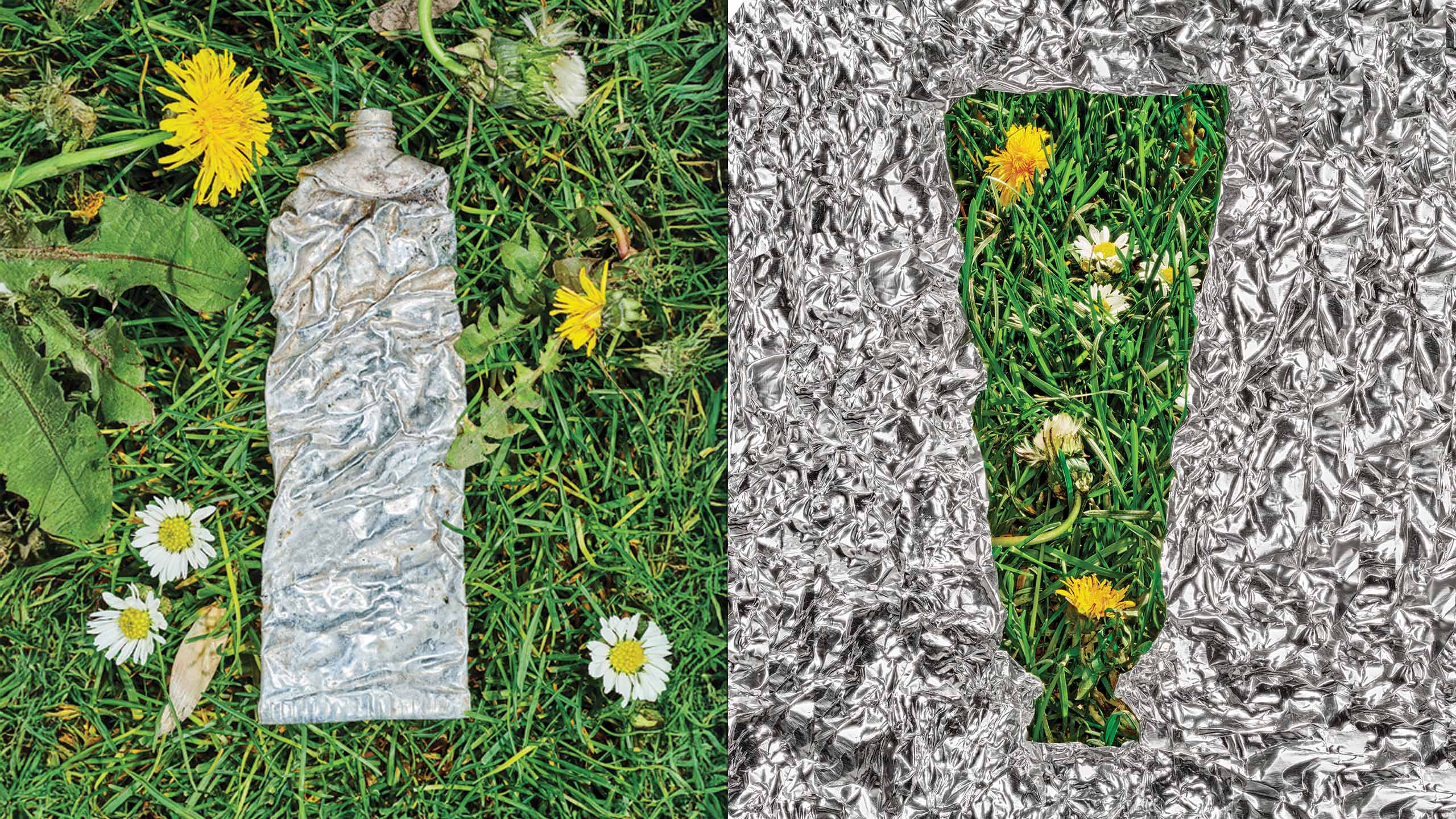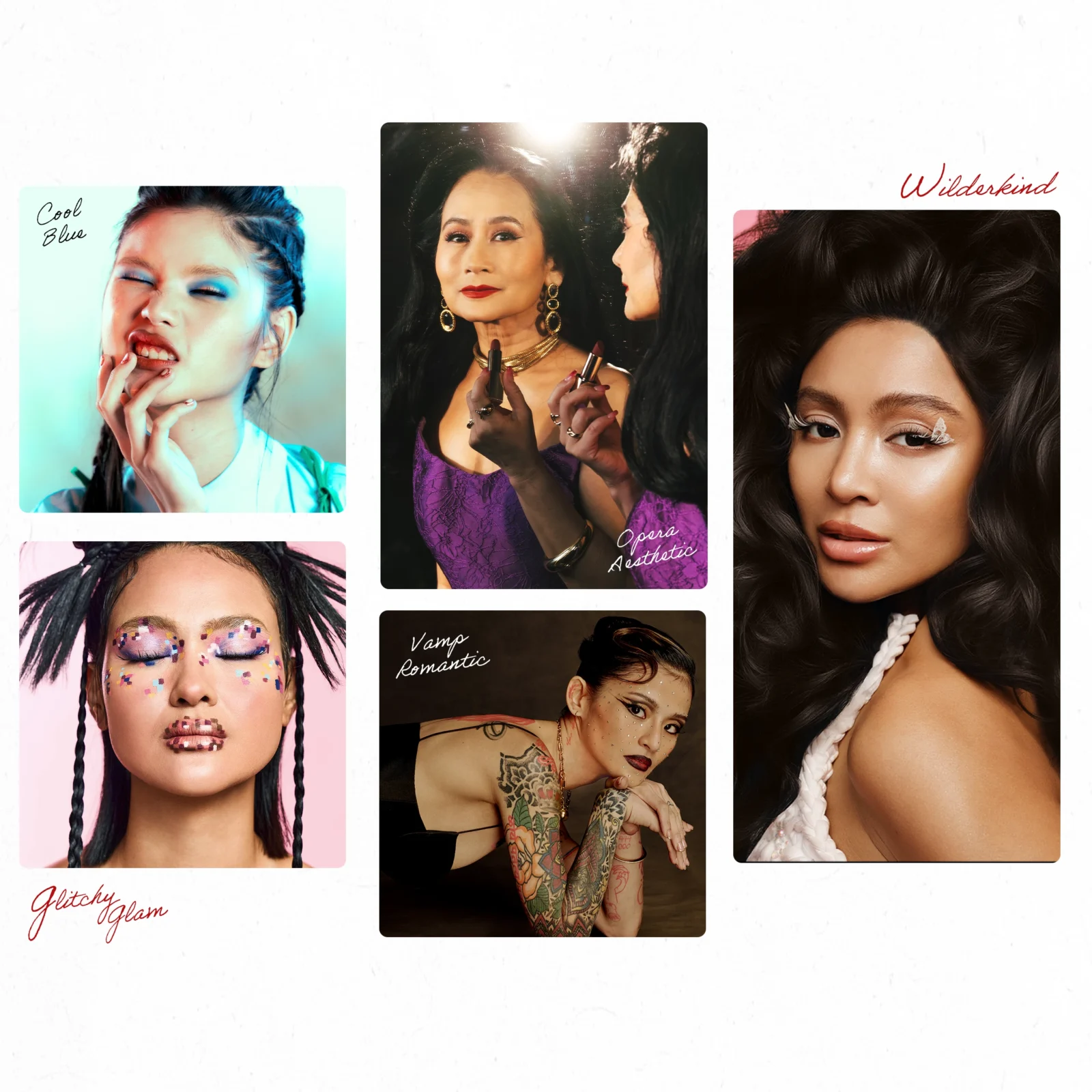Sustainable Beauty Is Homegrown
How Filipino beauty brands are reviving a culture of sustainability
Filipinos grow up knowing bayanihan, which is manifested through collaborative efforts forming a sense of community. With bayanihan at the core of our culture, we didn’t just live alongside each other—we thrived together, building relationships that extended to the natural world. We knew how to depend on nature for our survival, while also making sure it had enough time to recover from how much it was giving us. Our way of life was deeply intertwined with the environment, and we understood that balance was key.
However, with the advent of industrialization brought by our colonizers, the practice of bayanihan with our environment slowly began to fade. The rise of mass production and consumerism shifted our focus away from sustainability and harmony, both with each other and with the earth. Over time, we saw fewer pandan bayongs and more plastic shopping bags; less banana leaf packaging, and more styrofoam and other plastic containers.
What we once had was a culture of intentional consumption and production, where nature was right at the heart of our values. We used to put people and the planet above profit, but somewhere along the way, we began to forget this, and now, in a world dominated by convenience and disposable products, three brands are reminding us that conscious beauty is not about all that we’ve lost, but all that we can still save.
Hometown heroes leading by example.
Simula is a locally grown sustainable-goods store with over 70 partner brands that offer zero-waste and eco-friendly products. Co-founder Celina Alejandrino defines conscious beauty as the practice of intentional consumerism, “whether it’s choosing brands that prioritize sustainability, ethical sourcing, or skin-friendly ingredients,” she tells Allure Philippines. “In the Philippines, traditional beauty standards have long been influenced by fair skin, Western features, and mass-market products. Conscious beauty shifts the focus from aesthetics to overall well-being, self-expression, and environmental responsibility.”
Similarly, Hanna Felipe, Head of Brand & Strategy at Pili Ani, defines conscious beauty as the act of slowing down and making more mindful, informed choices, enabling us to view consumption from a different lens. Pili Ani champions locally-made products derived from elemi oil extracted from pili trees. “It’s this shift in mindset that moves away from beauty as an aesthetic ideal and toward beauty as an intentional practice that considers impact,” Felipe says. “Conscious beauty challenges external ideals, advocating for authenticity, celebrating community, and respecting heritage.”
For Bea Misa Crisostomo, founder of Ritual, a general merchandise store that caters to eco-friendly, organic, and locally made products, conscious beauty is about living simply and focusing on overall health. “For me, conscious beauty is just living in such a way that you have a simple beauty routine, but focus more on your whole body health—eating right, exercising, getting sleep, [and] reducing stress,” she says.
“How excessive is our product consumption? How many products do we really need? Do we really need 15 different products, all wrapped in plastic and shipped from various parts of the world?”Bea Misa Crisostomo
The nuances of sustainability.
Crisostomo thinks the term “sustainable” is often misunderstood or oversimplified. “The word ‘sustainable’ is really broad. It can be relative, and sometimes we end up splitting hairs,” she explains. “Every consumer and producer needs to think about beauty today compared to a few decades ago. How excessive is our product consumption? How many products do we really need?” She goes on to emphasize the importance of rethinking our consumption patterns, pointing out how excessive product use has become the norm. “Do we really need 15 different products, all wrapped in plastic and shipped from various parts of the world?” she presses.
As the shift towards sustainability gains momentum globally, Filipino brands are rethinking their sourcing practices and packaging choices. In fact, more Filipino experts are calling for more resource efficiency and environmental stewardship in manufacturing, agriculture, and tourism, according to the Philippine Institute of Development Studies. Simula walks the talk by strictly partnering with brands committed to eco-friendly alternatives, offering refillable systems that allow consumers to refill used packaging with everyday necessities and using packaging materials that either dissolve in water (cassava) or decompose (sugar cane, corn starch, potato starch, and wood pulp). Alejandrino explains, “We curate and sell products that prioritize sustainability, helping our fellow Filipinos shift to low-waste alternatives without compromising quality.” Simple swaps from Simula can include switching out cotton pads for menstrual cups, and traditional ziplocks for resealable silicone packs.
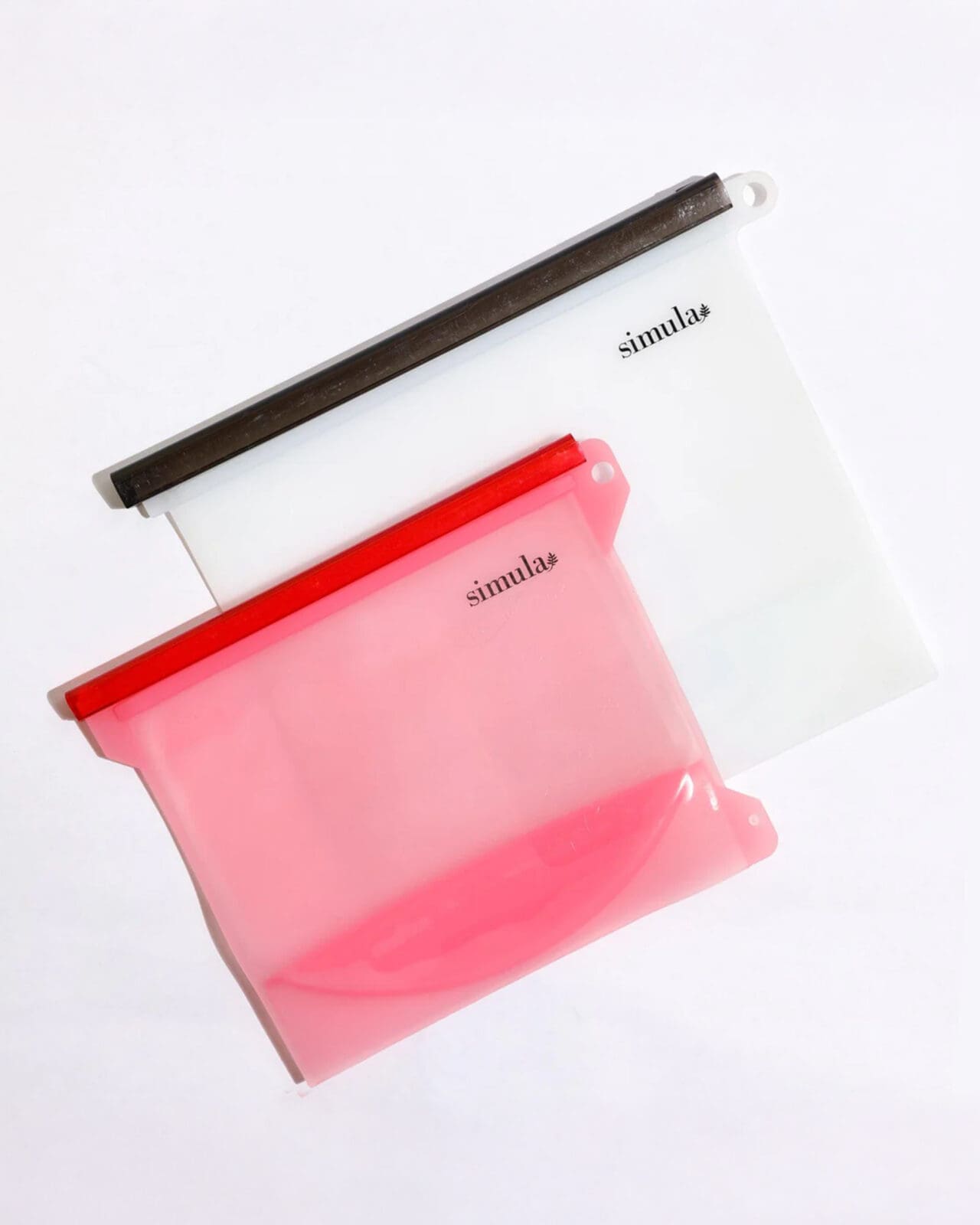
Simula Resealable Silicone Pouch. Photo ourtesy of brand.
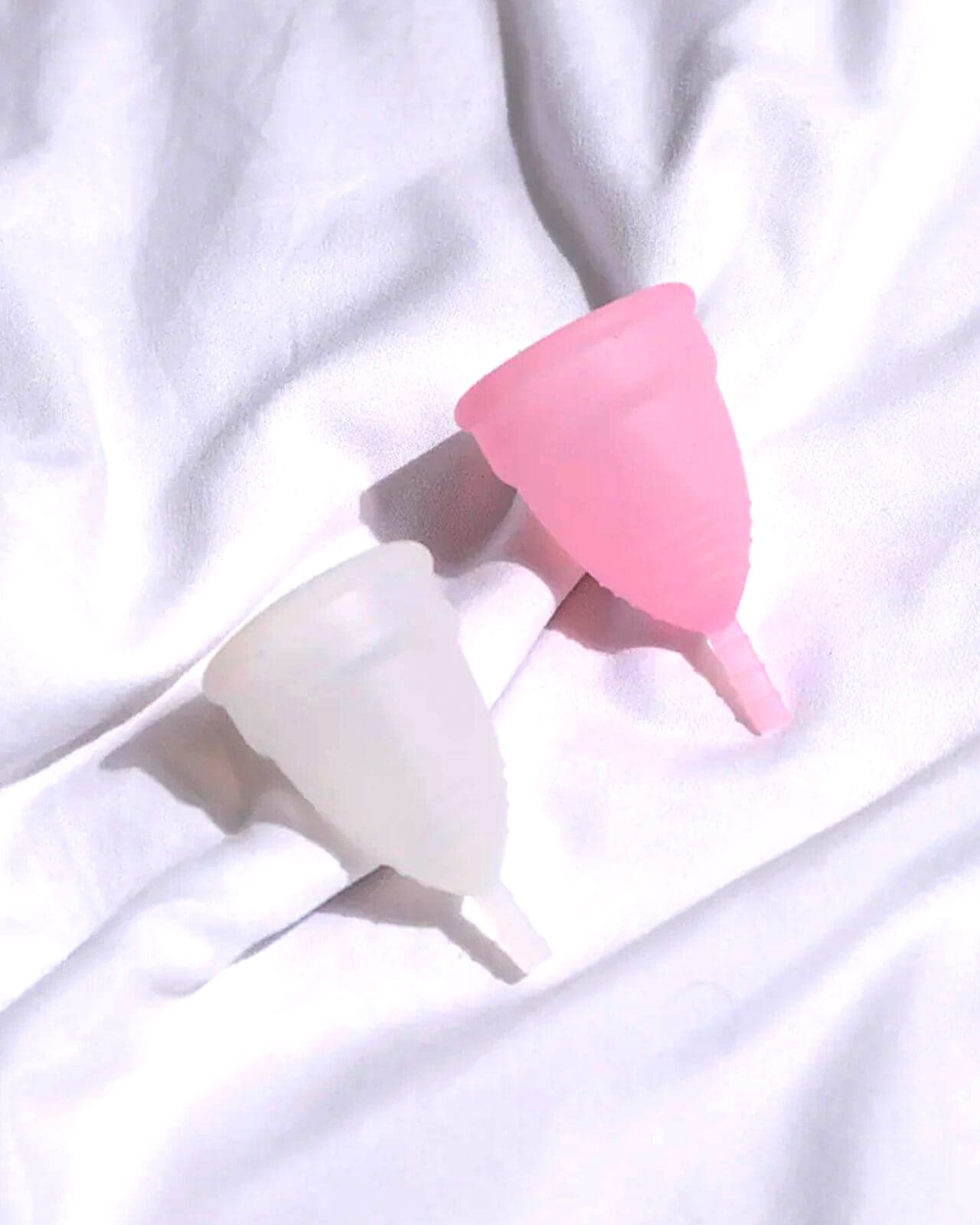
Simula Menstrual Cups. Courtesy of brand.
Ritual takes a similar approach by minimizing plastic use and focusing on simple, oil-based formulations. Crisostomo says, “For our own items, we make sure to really know where our raw materials are from. It’s not that easy to trust suppliers, online or not. Sometimes you see ingredients labeled as extracts—those extracts have further ingredients that are unlisted. You encounter one oil sold as another. We try to purchase, even our imported ingredients, from growers or those who can vet their direct suppliers. It’s not perfect, but it creates simple and good products.” Examples include asin tibook, which comes directly from saltmakers in Bohol, and tapuey, otherwise known as Ilocos Norte’s version of sweet rice wine.
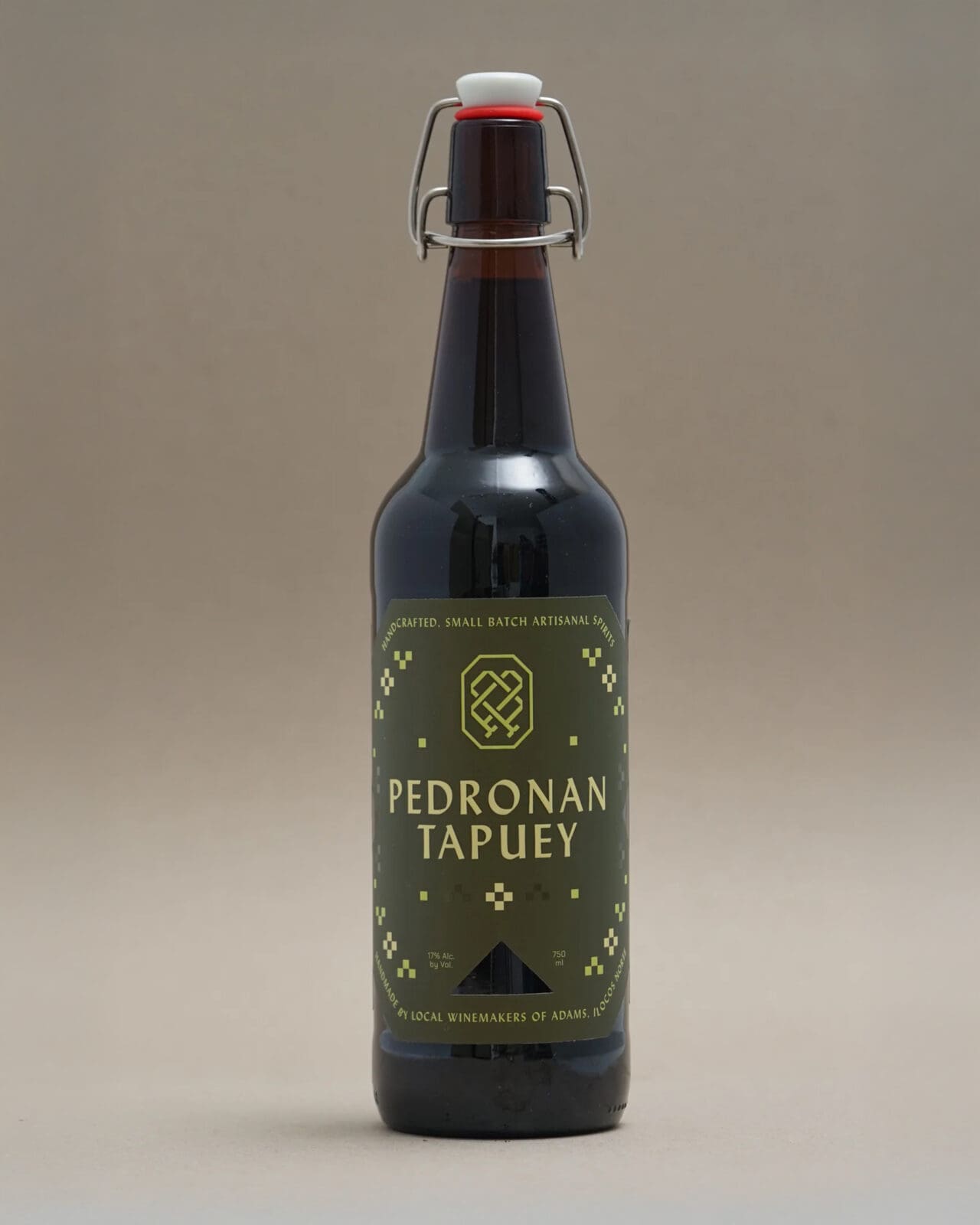
Ritual Tapuey Rice Win. Photo courtesy of brand.
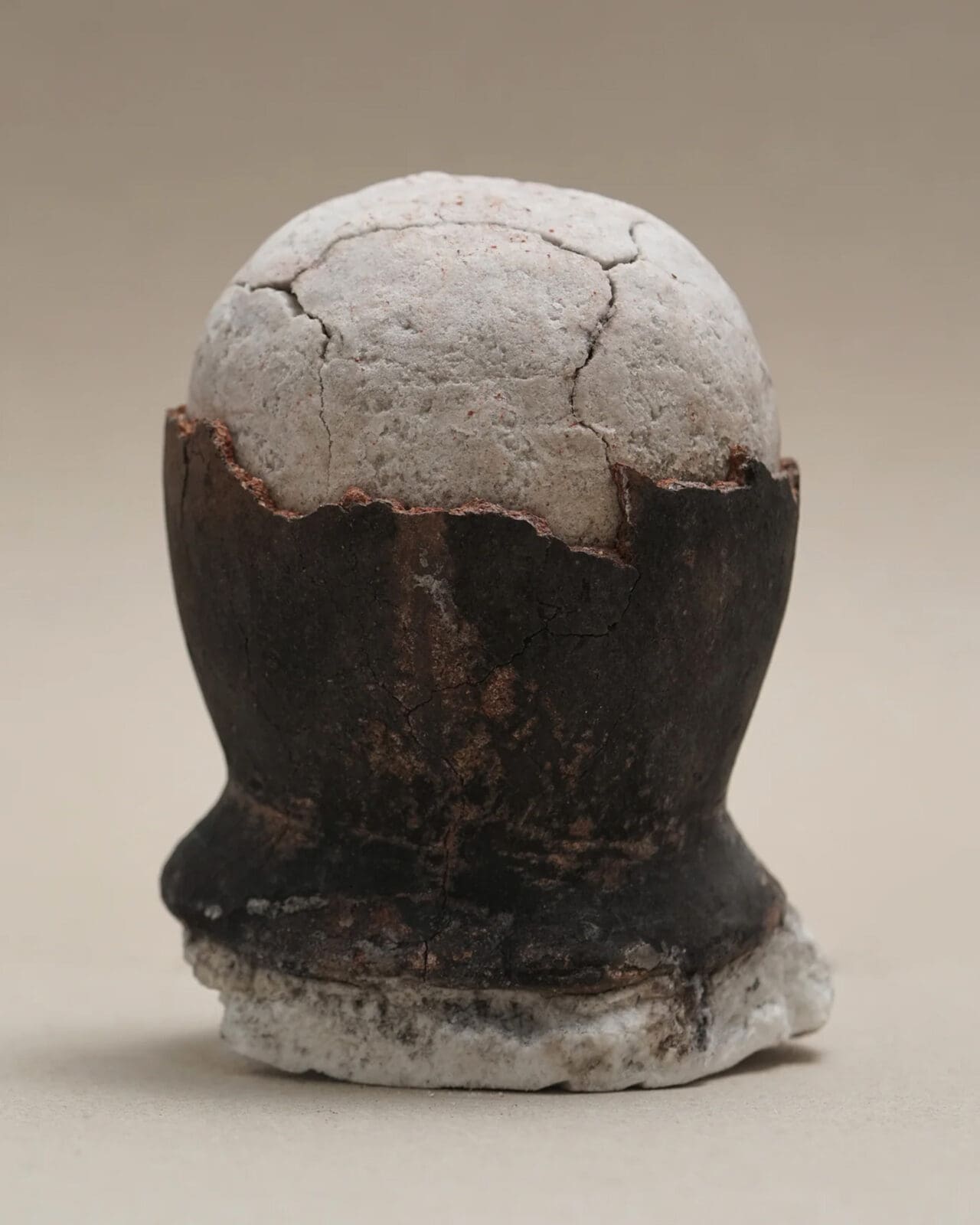
Ritual Asin Tibook. Photo courtesy of brand.
Meanwhile, Pili Ani proudly puts sustainability at the heart of its operations, sourcing natural ingredients from their Bicol-based pili tree farm and minimizing waste by creating products repurposed from leftover materials. One example is their Volcanic Scrub Bar, which Felipe shares is made of pili nut shells. “Even volcanic ash from Mount Mayon, a natural exfoliant, finds its place in our Deep Detox Volcanic Exfoliating Mask,” she adds. “By engaging in fair-trade practices and ensuring sustainable harvesting methods, we support local and preserve biodiversity.”
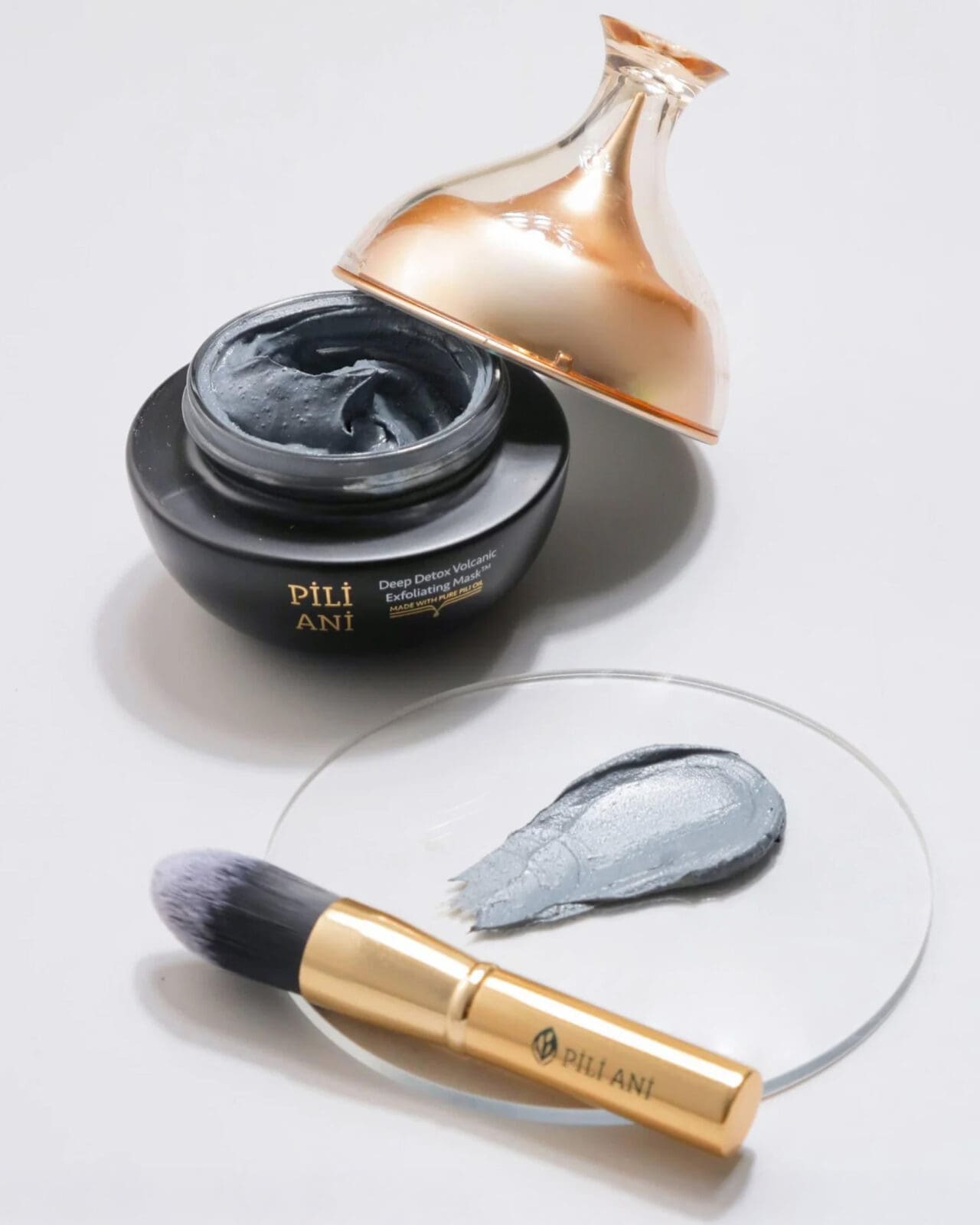
Pili Ani Deep Detox Volcanic Exfoliating Mask. Photo courtesy of brand.
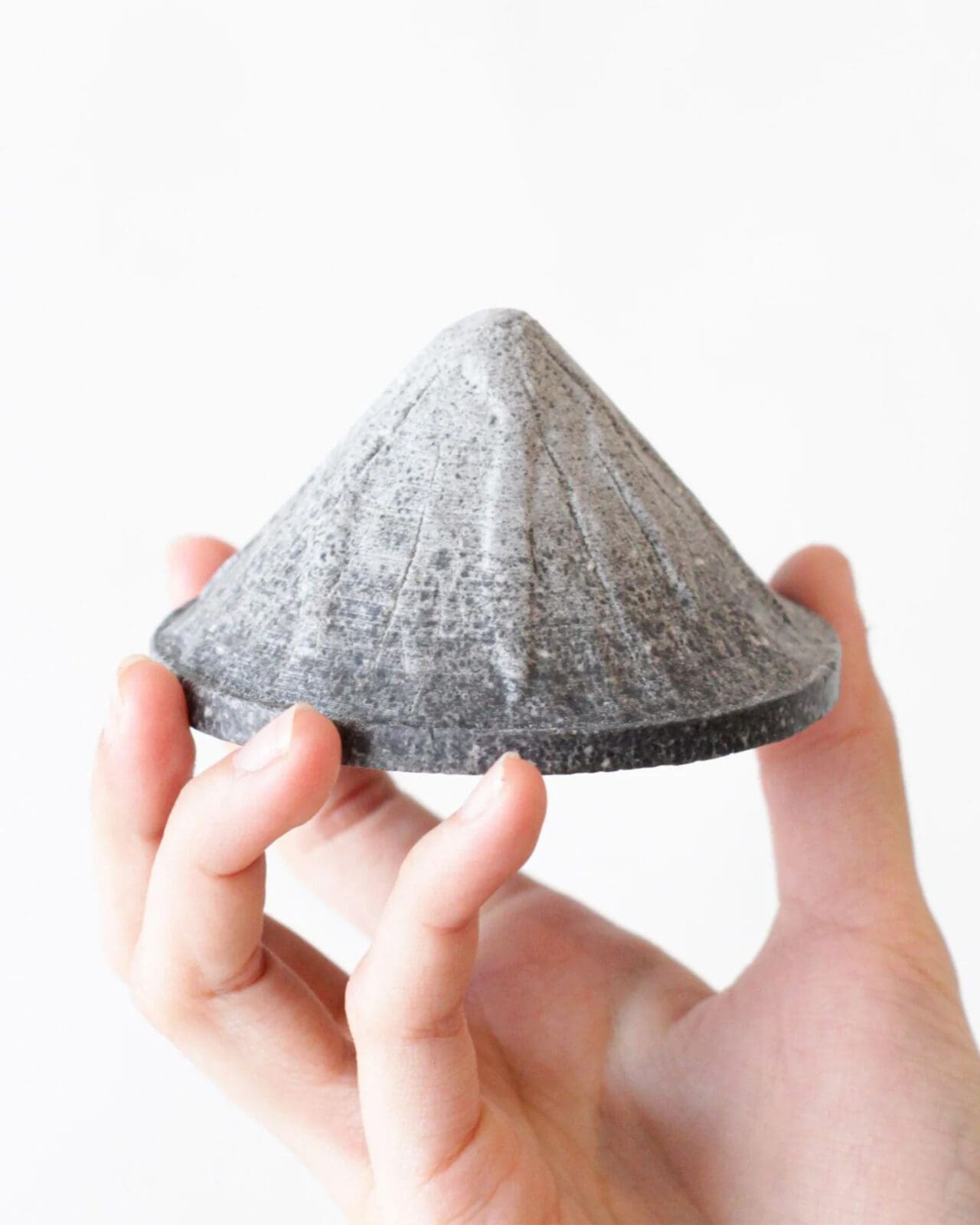
Pili Ani Volcanic Pili Butter Moisturizing Scrub Bar. Photo courtesy of brand.
But of course, sustainability is a journey, and for brands, it often feels like baby steps in the face of significant challenges. As Alejandrino notes, the lack of infrastructure for sustainable production in the Philippines, such as recycling systems and refill stations, makes it difficult to scale these initiatives. Additionally, Crisostomo points to logistical hurdles in the country, specifically with shipping. “Very few shippers will agree to ship items without plastic,” she highlights how many brands face pressure to use excess plastic packaging, mainly due to packaging regulations, when selling through third party platforms.
Despite these challenges, brands continue to push for systemic change and further accountability in the beauty industry. “It takes a few companies with scale to just bite the bullet and have principles,” Crisostomo adds. “Until policy catches up, they [brands] will just have to sacrifice some profit to pave the way.”Without question, these brands are unwavering in their commitment to creating a more sustainable future. As Felipe puts it, “Filipinos are naturally inclined to recycle. We see this in the thriving ‘thrift culture’ in homes, where cookie tins are used as sewing kits, ice cream tubs as frozen food containers, and clothes being re-used as rags. Filipinos have always been resourceful, and in many ways, that’s sustainability in action. So why can’t brands go all in on sustainability?” Just as bayanihan encourages us to work in harmony with each other and nature, these brands are fostering that same spirit. They’re reimagining a more sustainable and balanced future, and redefining success—not by the margins they turn, but by the values they uphold.
You might also like
To provide a customized ad experience, we need to know if you are of legal age in your region.
By making a selection, you agree to our Terms & Conditions.
